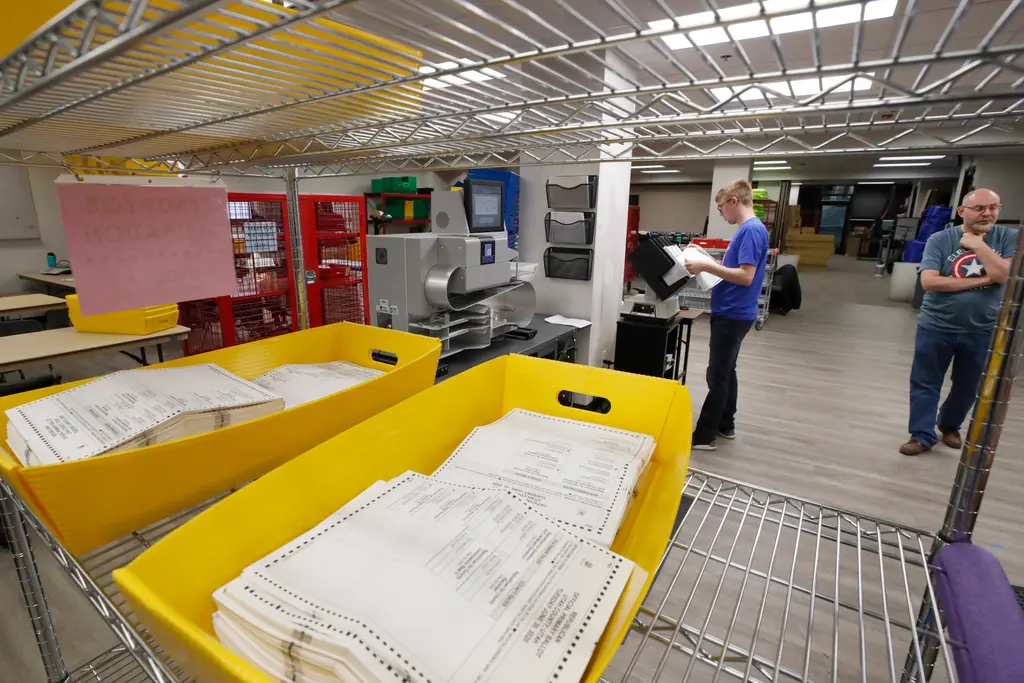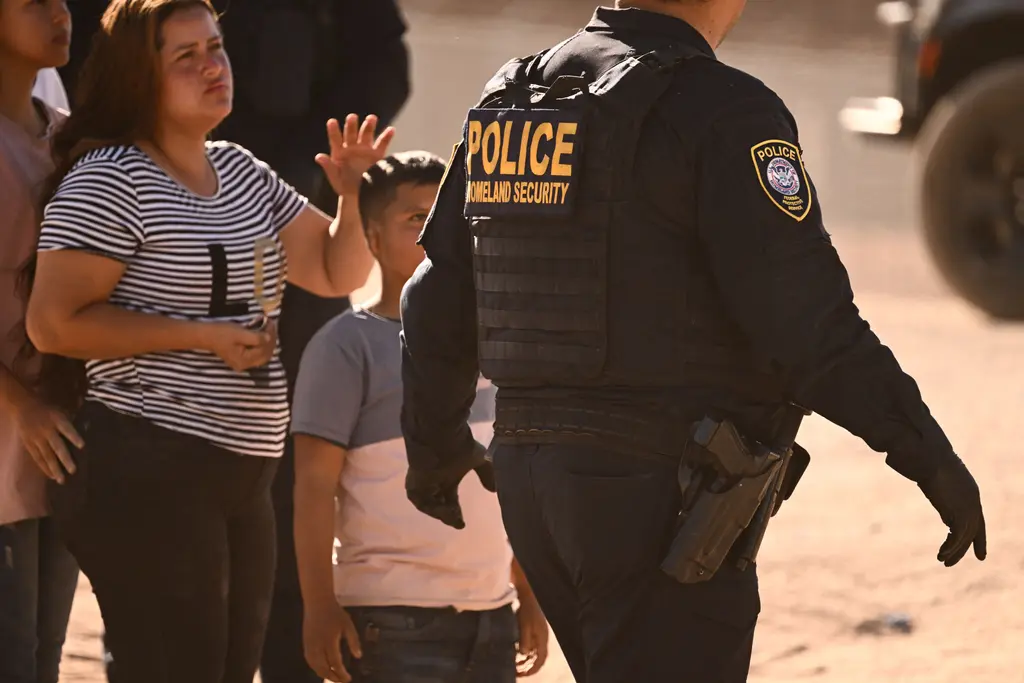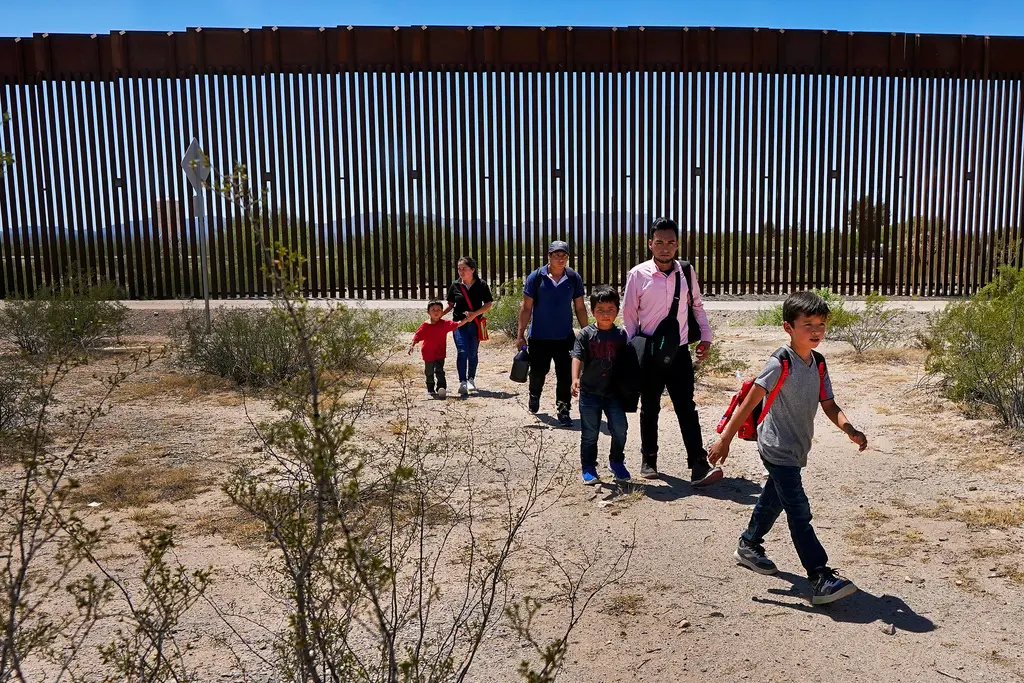Who are the corrupt among us?

Covid introduced the world to the term and practice of social distancing. For all but the most introverted among us, it became an odious exercise in public solidarity, necessary to flatten transmission curves and allow vaccines to slowly bring societies back to a semblance of the community-based lifestyles most people desperately miss.
Having now experienced the real pain and frustration of social distancing and isolation, Latin American societies should perhaps consider the perverse utility this practice might have in fighting public corruption, especially among the small, self-referenced elites of the region.
Public corruption has long been a sad staple of most Latin political and economic classes and one of the great drags on Latin American development. It is remarkably tenacious and difficult to root out. In recent decades, groups like Transparency International have irably used the “name and shame” logic of soft power to highlight the scourge of corruption via annual country ratings. Government and donor development agencies and multilateral development banks have wisely imposed strict anti-corruption criteria on assistance recipients.
Still, it is not enough. The temptation of the few to sup at the public trough and rob the many of roads, clinics, schools, access to broadband and education – all repeat victims of public corruption in the Americas – appears as ingrained in man as it has ever been.
To be clear, there is not a national or cultural proclivity to corruption. Danish children are no more genetically prone to righteous public behavior than Haitian boys and girls. Corruption is learned behavior, and what can be learned can be unlearned. Corruption must be unlearned as a de facto practice of government officials if citizens are to fully benefit from the goods and services that democratic governments are meant to offer.
All of which brings us back to social distancing. When a disgraced former president like Panama’s Ricardo Martinelli, whose party loyalists say of him, “Sure he stole, but he got stuff done!” is the leading pre-candidate for the 2024 presidential contest, you know there exists a disgraceful societal tolerance for public corruption.
Más sobre Opinion
So, it shouldn’t be a surprise, but it is still disappointing, that Ricardo Martinelli and the of his family not in U.S. jails, wander around the restaurants and clubs of Panama City with relative social impunity. (A New York court on Friday sentenced two sons of former Panamanian president Ricardo Martinelli to three years in prison on charges of corruption linked to the Brazilian construction giant Odebrecht.)
But what if that were not the case? What if everywhere he went people silently turned their backs on him, refused to serve him or his cohort, requested he leave the concert, or disinvited him to the weddings, funerals, or other social gatherings of Panama’s moneyed class?
In some cases, corrupt ex-leaders are indeed forced to flee the long arm of the law once their presidential immunity is lifted when they leave office. Mexico’s Enrique Pena currently lives in Spain with his stolen millions, following a presumed deal with the current president to stay away from the scene of the crime. One of Pena Nieto’s pickpocket confederates, Emilio Lozoya, the former head of Pemex, is currently in a Mexican jail following his extradition from Spain on corruption charges. He will be the sacrificial Pena Nieto lamb, but many more dine out in Polanco’s swanky restaurants with stolen money.
El Salvador’s Mauricio Funes fled illegal enrichment charges in 2016 and currently resides in Nicaragua where the reigning royalty of Central American kleptocrats, Daniel Ortega and Rosario Murrillo, offered him a quiet asylum, presumably for a slice of the money he stole from ordinary Salvadorans.
To be certain, some corrupt former officials are charged and tried, and this is to the good. In addition to Mexico’s Lozoya, Guatemala’s former president Otto Perez Molina and El Salvador’s Tony Saca are both currently wards of the state for pilfering millions. Brazil’s Lula was recently cleared of corruption charges but spent time in jail for the Odebrecht scandal that raised public corruption to a hemispheric high art. The case is being appealed.
But too many minor cabinet officials, mayors, governors, and others who don’t rise to the level of national or international headlines serve out their , depart office, and return to their suspiciously larger homes, luxury cars and yachts and expensive vacations. The wives usually sport parachute-sized Louis Vuitton bags and the sons wear watches that would require an honest man to take out a mortgage. These corrupt creatures still show up in sky boxes at football games, take a spin on the dance floor at their daughters’ quinceaneras, and carry on in the pages of local society journals as if they had honestly earned the money they stole.
What if they were denied by simply social pressure all the fun of these social outlets? Silent or noisy protests for the ex-mayor who stole education funds instead of the place of honor at the city’s saint’s day feast. Social media ghosting for the governor who fixed the state lottery take with a 15% kickback for himself and his cronies. Or how about a pointed disinvitation to the annual charity fashion show for the former first lady whose husband rigged oil contracts and put the money – tax-free - in a South Dakota offshore trust?
Such social distancing, in addition to excluding infectious corrupt actors from elite circles, would serve as a powerful teaching moment for the youth of the region. Social disgrace and public shunning can’t be legislated or regulated by governments, but they could be, like the Transparency International rankings, a useful indictor of a healthy or a sick society, depending upon how many weddings and other celebrations the corrupt continue to attend with blasé impunity.
As Covid recedes and we re-engage our friends and communities, there are some who should not be welcome. They are the corrupt among us.



